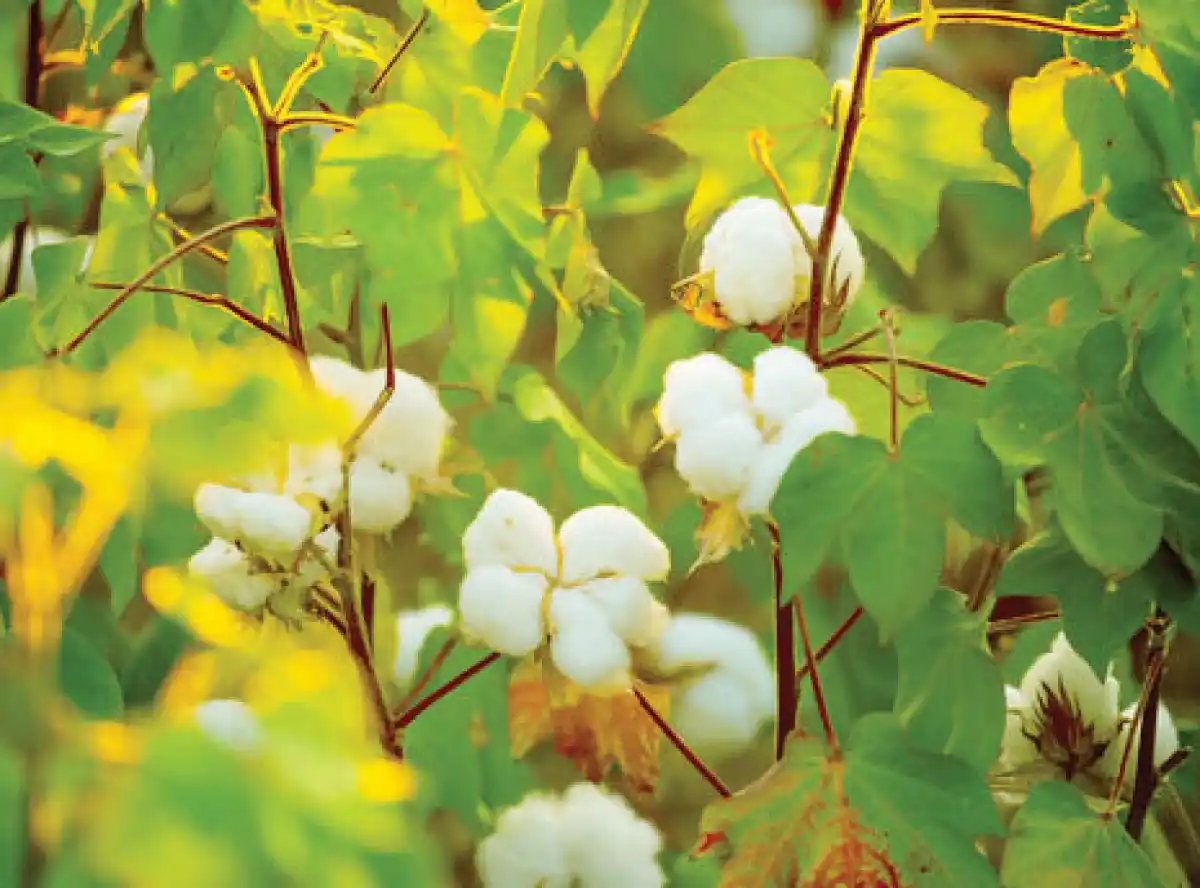
By Kingsley Jassi:
Malawi’s cotton industry has sharply dipped over the years from 100,000 metric tonnes of output in 2012 to less than 10,000 metric tonnes.
This comes as farmers continue to migrate to other crops due to high input costs and market frustrations.
In 2012, cotton exports surged to $62 million. But they have declined by 90 percent to just $4.2 million.
At an international conference involving eastern and southern African countries including Mozambique, Tanzania, Zambia and the host Malawi in an attempt to revitalise the industry, it emerged that the region faces similar challenges.
For instance, Mapeto DWSM Limited, one of the major value chain players, requires about 24 million tonnes of cotton to sustainably run its processing plant.
But according to its general manager, Martin Mpata, the firm only secures up to 6 million kg.
“If we can have adequate supplies of cotton, we should be able to employ 42 percent more than what we are currently employing (2,800 workers),” he said.
Farmers Union of Malawi Chief Executive Officer Jacob Nyirongo called on the government to follow through on the promise of revitalising the cotton industry by investing in systems that enable farmers to profitably produce cotton.
It emerged from the conference that cotton seed is not adequately supplied at this point in time, which is already affecting planning by farmers.
With the introduction of BT cotton, genetically modified seed varieties, cotton seed prices have skyrocketed over the period from K16, 000 per kilogram in 2020 to K58, 000, owing to the cost of imports as there is no local multiplication of the seed.
However, Cotton Council of Malawi Executive Secretary, Cosmas Luwanda, said a structured cotton market is being put in place to sanitise the industry following the establishment of the council.








0 Comments